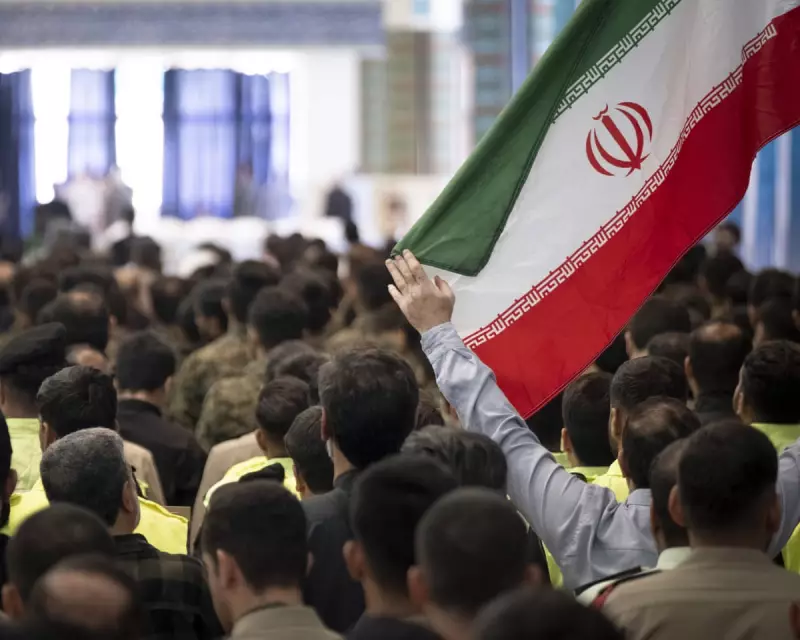
Iran's Islamic Revolutionary Guard Corps (IRGC) stands as one of the world's most powerful and controversial military institutions, wielding unprecedented influence across the Middle East and beyond. Established following the 1979 Islamic Revolution, this parallel army has evolved into a sophisticated organisation with tentacles stretching into economics, politics, and global conflict zones.
The Birth of a Revolutionary Force
Created by Ayatollah Khomeini to protect the nascent Islamic Republic, the IRGC rapidly expanded beyond its original mandate. Today, it operates as a state within a state, commanding an estimated 190,000 active personnel and controlling strategic military assets including Iran's ballistic missile programme and nuclear capabilities.
Economic Empire and Regional Influence
The Guards have built a vast economic empire through front companies and subsidiaries, dominating sectors from construction and energy to telecommunications. This financial power fuels their regional ambitions, particularly through the Quds Force - the IRGC's elite foreign operations unit.
Under commanders like the late Qasem Soleimani, the Quds Force has masterminded Tehran's expansionist policies, providing training, funding, and weapons to proxy groups across Lebanon, Syria, Iraq, and Yemen. This network has established Iran as the dominant force in what analysts term the 'Shia Crescent'.
International Controversy and Terrorist Designation
The United States designated the IRGC as a foreign terrorist organisation in 2019, a move followed by several other Western nations. This unprecedented step against another country's official military structure reflects the Guard's involvement in international operations and alleged terrorist activities.
Despite this designation, the IRGC remains Iran's primary negotiator on security matters, including the stalled nuclear deal discussions. Their influence over Tehran's political establishment ensures they remain at the centre of all major strategic decisions.
Domestic Power and Future Challenges
Within Iran, the Revolutionary Guard functions as the ultimate guardian of the Islamic system, frequently suppressing dissent and maintaining social control. Their economic interests align closely with political power, creating a self-sustaining ecosystem that perpetuates their dominance.
As Iran faces ongoing economic sanctions and internal unrest, the IRGC's role continues to evolve. Their ability to adapt to changing circumstances while maintaining regional influence makes them one of the most significant and unpredictable actors in global security affairs.





